Phoenix ADAS Mobile Basic Package (A)
Built for Precision
The Phoenix ADAS Mobile is a foldable calibration frame for passive and active ADAS systems in cars. Now, technicians can set up the Phoenix ADAS Mobile in less than 30 minutes and do the job from anywhere. Compatible with any of TOPDON's Phoenix Scanners, this device gives professionals the capability to do intricate calibrations on the newest cars. The Max Package gives its users robust calibration coverage, including all targets from the deluxe package, and an additional 14 targets. This package includes targets for night vision systems, rear camera warnings, around view monitoring, and lane departure warnings. The ADAS Max Package is for
shops that want to spend their money once and work without limits for years to come.
Features |
What's in the Box |
Totally Mobile
The Phoenix ADAS Mobile features a collapsible design for convenience, easy storage, and unmatched portability. With foldable arms and folding base legs you can easily put away this fully collapsible tool.
Quick Set-Up
With this tool, professionals can calibrate ADAS systems from an auto shop, a parking lot, or even at a client’s driveway. Its unmatched portability and convenience makes your business more productive and profitable.
Unmatched Precision
A high-precision 5-lasers device will assist you to position the ADAS calibration tool with exactness. Featuring a multifunctional base with 360-degree swivel wheels, it allows you to adjust the height and make adaptations to calibrate when working on uneven ground. |
 |
 |
 |
Five Line Laser
LAM09-01 |
Cross Laser
LAM09-02 |
Laser Reflector
LAM09-03 |
 |
 |
 |
Auxiliary Mirror
LAM09-04 |
L-Type Positioning Bracket
LAM09-05 |
Plumb Bob
LAM09-06 |
 |
 |
 |
Targets Storage
Bracket LAM09-07 |
Targets Extension Rod
LAM09-08 |
Targets Extension Rod II
LAM09-09 |
|
Specs |
|
The Phoenix ADAS Mobile comes safely packaged in a
Wooden Case (3.8*3.6*2.0 ft ; 308lb). Large targets are shipped
separately in Carton Packaging (4.5 ft*0.3 in*3.3 ft; 39lb). |
|
| The Phoenix ADAS Mobile MAX Package comes with the full set of accessories, all of the 24 LDW targets from the standard package, as well as the ADAS Rear Camera & AVM Panels (US, Euro, and Asian); Doppler Simulator (LAC05-04); Radar Cone Target Configuration (LAM05-02), and Corner Reflector (LAC05-03). |
Lane Departure Warning (LDW) |
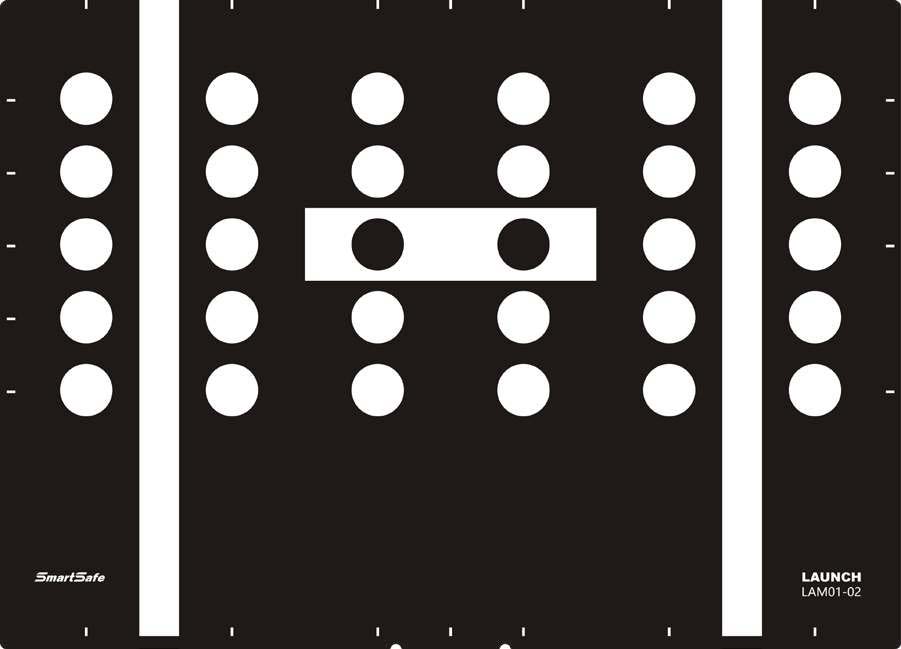 |
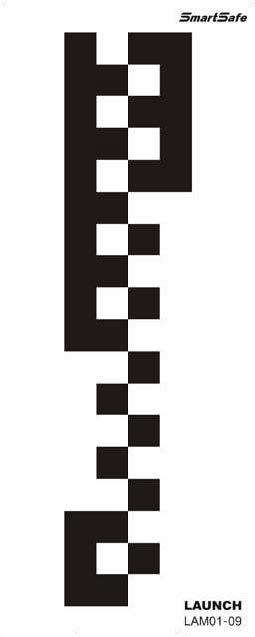 |
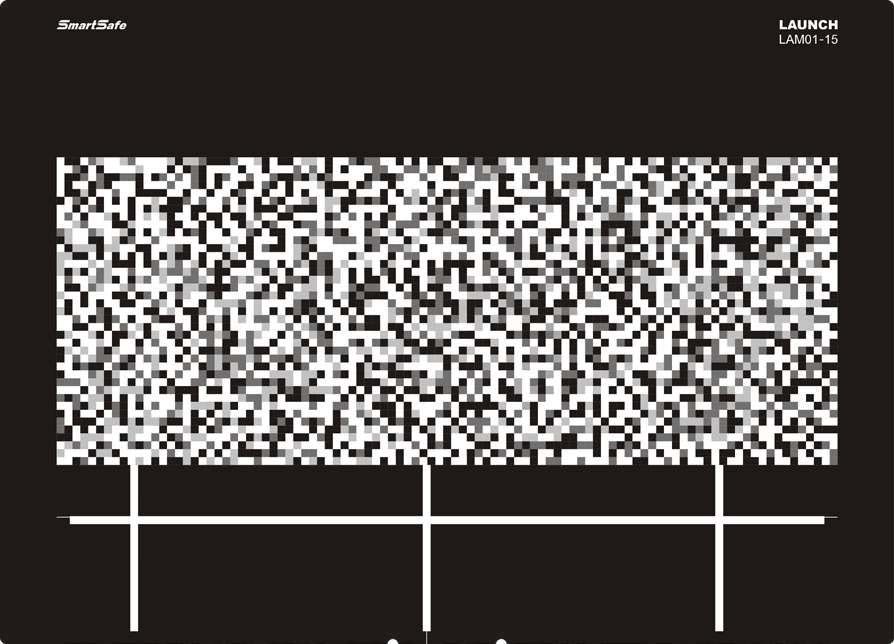 |
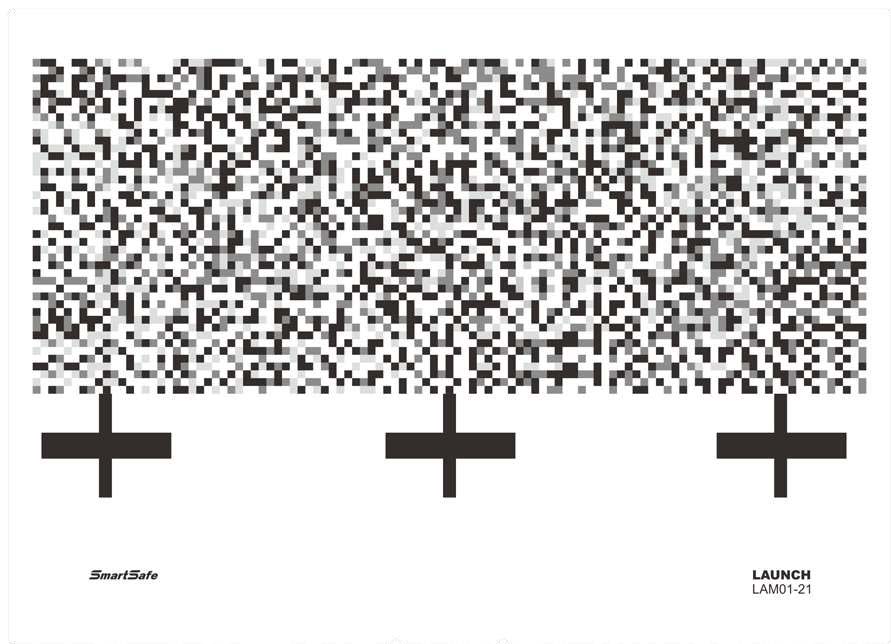 |
| VW/Audi LAM01-02 |
Hyundai/Kia
LAM01-09 |
Subaru LAM01-15 |
Subaru-LAM01-21 |
 |
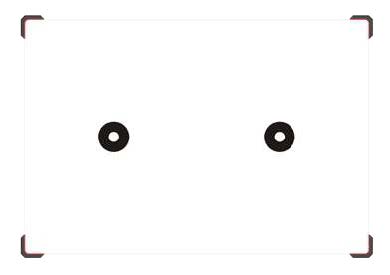 |
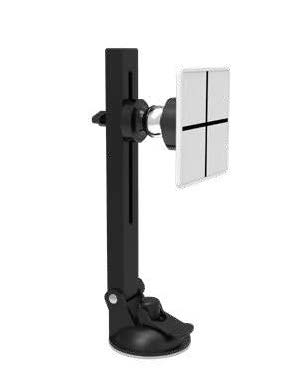 |
 |
BenzLAM
01-01 |
MazdaLAM
01-10 |
Hyundai/KiaLAC
01-13 |
HondaLAM
01-20 |
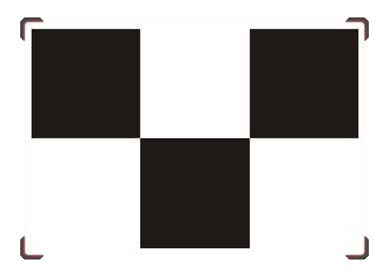 |
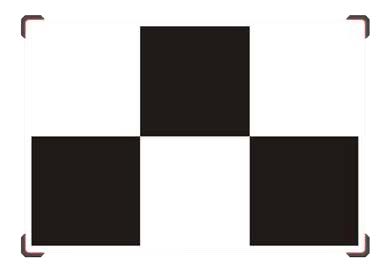 |
 |
 |
HondaLAM
01-04-L |
Honda LAM
01-04-R |
NissanLAM
01-07-L |
NissanLAM
01-07-R |
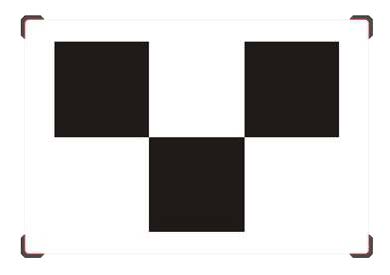 |
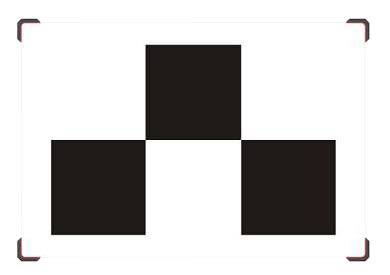 |
 |
 |
Mazda LAM
01-16-L |
Mazda LAM
01-16-R |
Mitsubishi LAM
01-19-L |
Mitsubishi LAM
01-19-R |
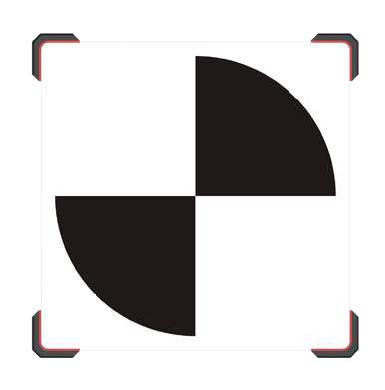 |
 |
 |
 |
Renault/NissanLAM
01-12-L |
ToyotaLAM
01-06-1 |
ToyotaLAM
01-06-2 |
ToyotaLAM
01-06-3 |
 |
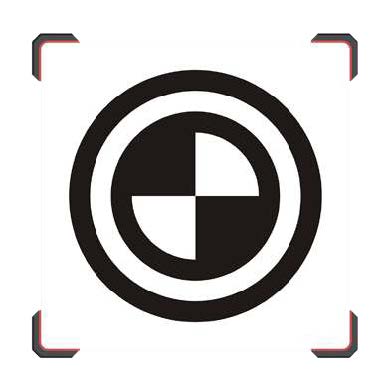 |
 |
 |
MitsubishiLAM
01-19-L |
HondaLAM
01-17 |
SuzukiLAM
01-18-L |
SuzukiLAM
01-18-R |
WORKPLACE REQUIREMENTS |
|
Work Station Specifications
When calibrating the rear & AVM camera, the workstation's ideal
size depends on the vehicle's size and calibration reference
pattern.
The image below shows the minimum workstation size for
reference only.
 |
| |
American
vehicles |
European
vehicles |
Asian
vehicles |
Distance A
(the width of the
whole workstation) |
about 7.3m
(287.4inch) |
about 4.5m
(117.2inch) |
about 6.1m
(240inch) |
Distance B
(the width of the
whole workstation) |
about 12m
(472inch) |
about 7m
(275.6inch) |
about 9.5m
(374inch) |
Distance C
(a lane for the technician
to walk through) |
at least 0.5m
(19.7inch) |
at least 0.5m
(19.7inch) |
at least 0.5m
(19.7inch) |
Distance D
(the width of the
calibration reference
pattern varies from
vehicle to vehicle) |
about 1.7m
(67inch) |
about 0.8m
(31.5inch) |
about 1.6m
(63inch) |
Distance E
(the width of the
vehicle varies) |
about 2.9m
(114inch) |
about 1.9m
(74.8inch) |
about 1.9m
(74.8inch) |
|
FAQs
Q How Does ADAS Work?
A
The ADAS (Advanced Driver Assistance System) uses image processing cameras, radar, light detection, and other sensors to monitor the vehicle's surroundings and detect potentially
dangerous situations. The purpose is to increase safety through advanced situational awareness and reduce collision possibilities. Sensors used in ADAS include cameras, radars, lasers, and ultrasound. They can detect light, heat, pressure, and other variables used to monitor the vehicle. Usually, they are located in the front and rear bumpers, side mirrors, vehicle cab, and windshield glasses.
Q When to Calibrate an ADAS System?
A
When repairing a vehicle after an accident, the calibration of the relevant auxiliary systems needs to be performed. When disassembling or reinstalling monitoring components such as cameras, radars, and sensors, replacing the vehicle ECU, or the vehicle height, the auxiliary and other systems will also need to be calibrated.
Q What is the ADAS Front-view Camera?
A
The front-view camera captures what is in front of the vehicle. It's used in a number of ADAS Systems, including Lane Departure Warning (LDW), Lane Keeping Assist (LKA), and Traffic Sign/Signal Recognition (TSR) - often in conjunction with other sensors, cameras, or sensing systems to provide input data.
Q How Can I Get the ADAS Calibration Software?
A
To get an ADAS calibration software, you can purchase a Phoenix diagnostics scanner or upgrade your existing Phoenix tablet.
Upgrade Instructions: The Phoenix ADAS mobile accessories come with an activation card, including a password. Simply tap on the tablet's ADAS menu to activate the calibration function. The ADAS Mobile is compatible with the entire Phoenix Line.
Q Which Vehicle Actions Require ADAS System Diagnostics or ADAS Sensor Calibration?
A
Anything that affects the calibrated sensors. The most common needs for recalibration include collisions, window, bumper, hood, or trunk damage, mirror replacements, suspension work, module replacement, direct damage to a sensor, sensor replacements, and wheel alignments.
Q What are the Different Types of ADAS Calibrations and Are They Brand Specific?
A
This depends on each vehicle. For most modern cars, either Stationary or Dynamic calibration procedures are required.
Some cars, for instance, might require both.
- Stationary calibrations are performed in a shop environment and require the use of targets or patterns.
- Dynamic calibrations require the vehicle to be driven on roadways for a certain amount of time with well-maintained road markings.
- When paired with a Phoenix scanner, technicians can perform both stationary and dynamic calibrations.
Q If I Want to Add individual Targets later, are They Available for Purchase?
A
Yes, the specialty fixtures, existing targets, and new vehicle coverage targets are available for individual purchase.
Q Do I Need Someone to Assemble and/or Set Up the Calibration Frame?
A
No, the complete assembly is simple and it should take about 30 minutes. Visual instructions and standard screws are included in your Phoenix ADAS Mobile Package.
